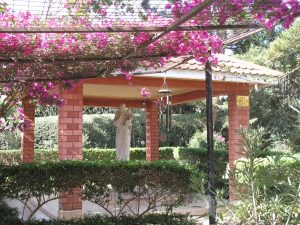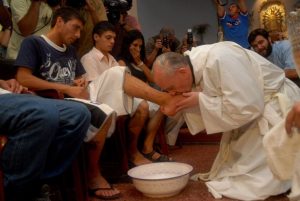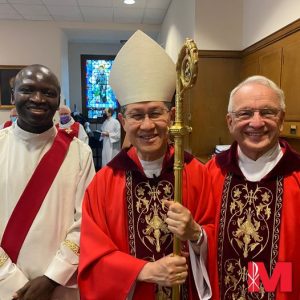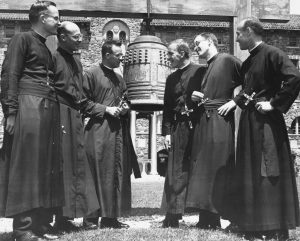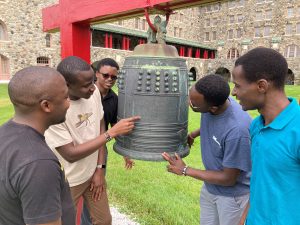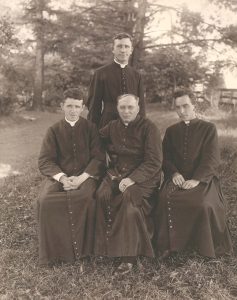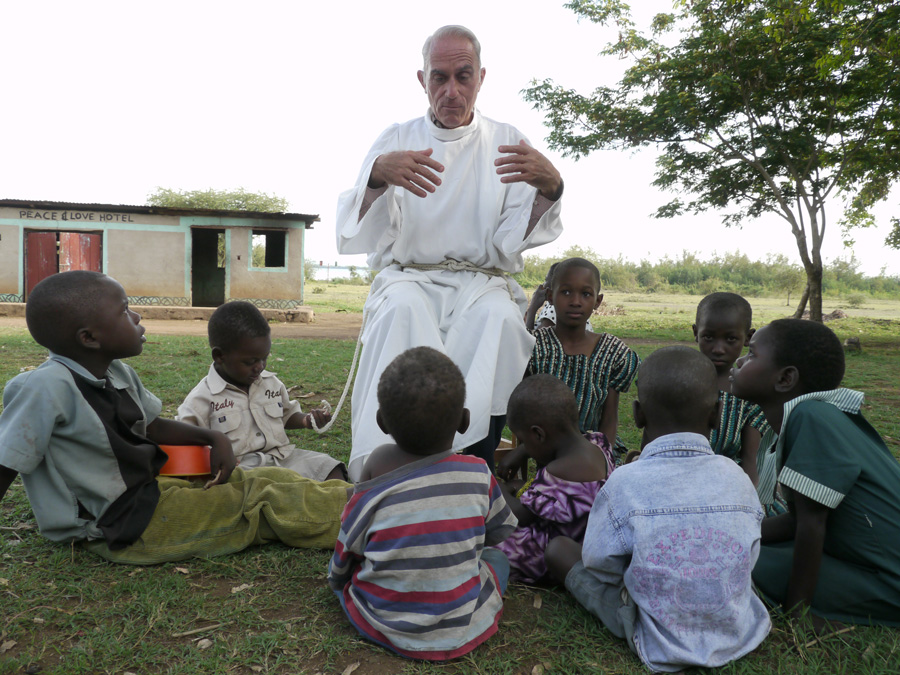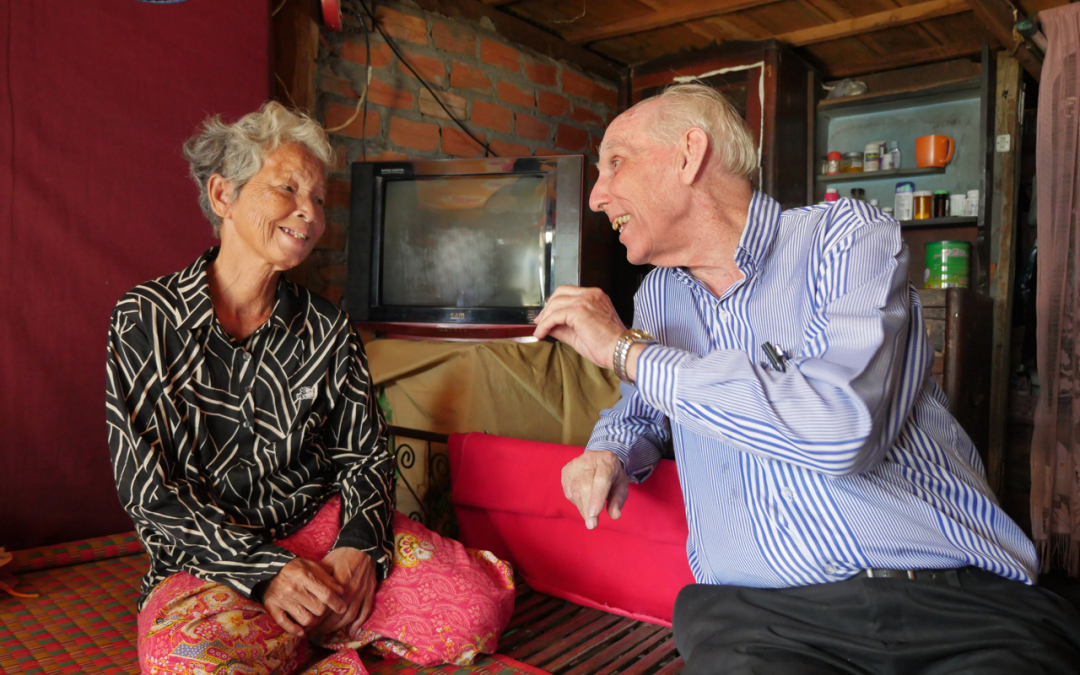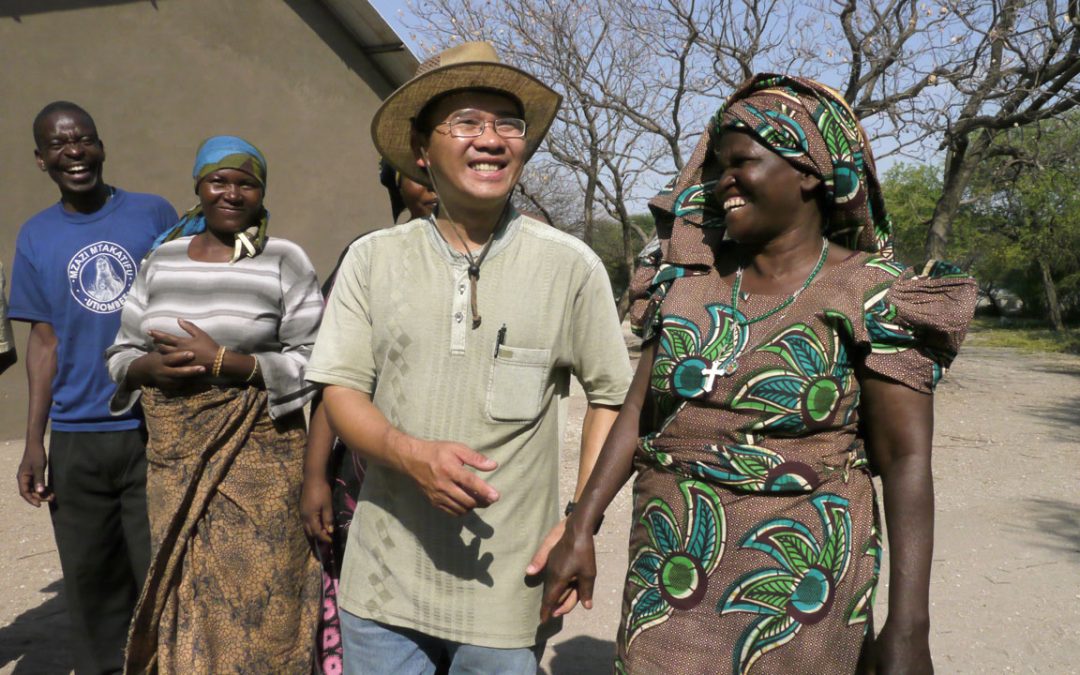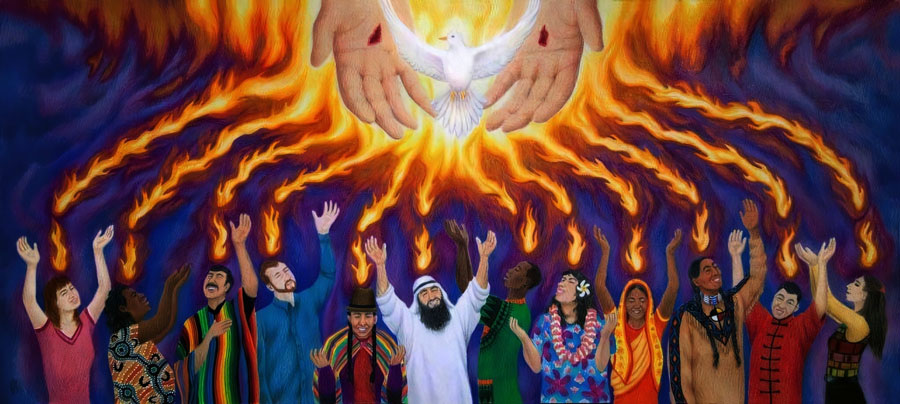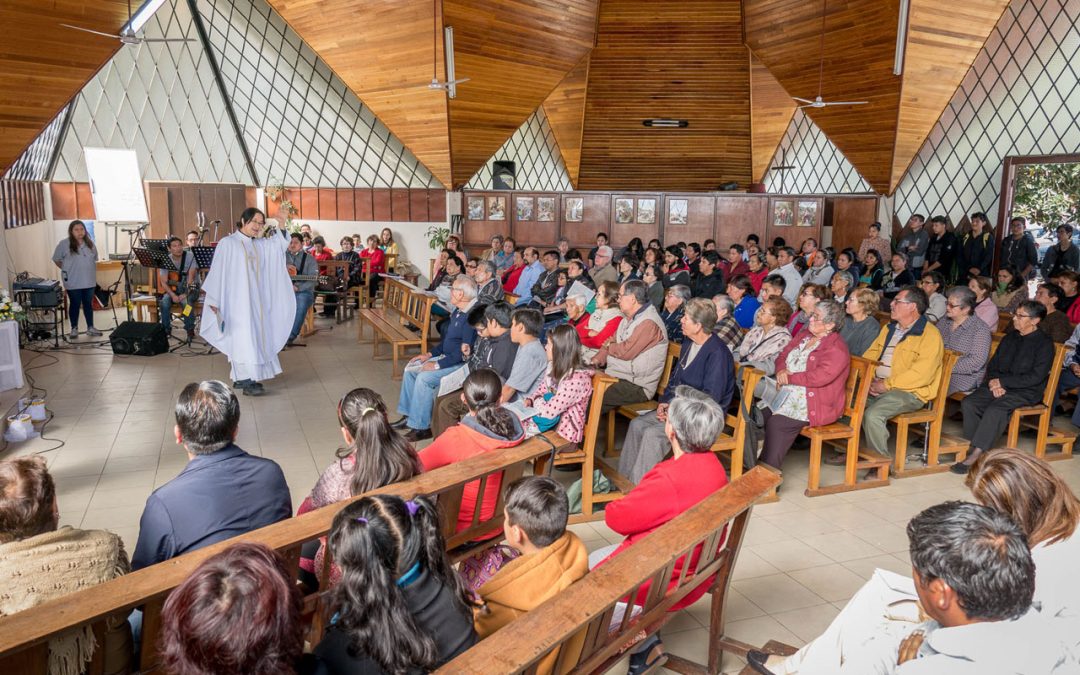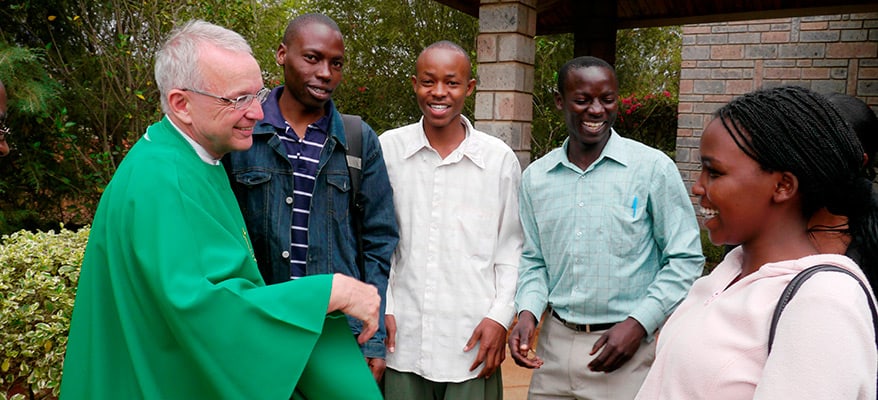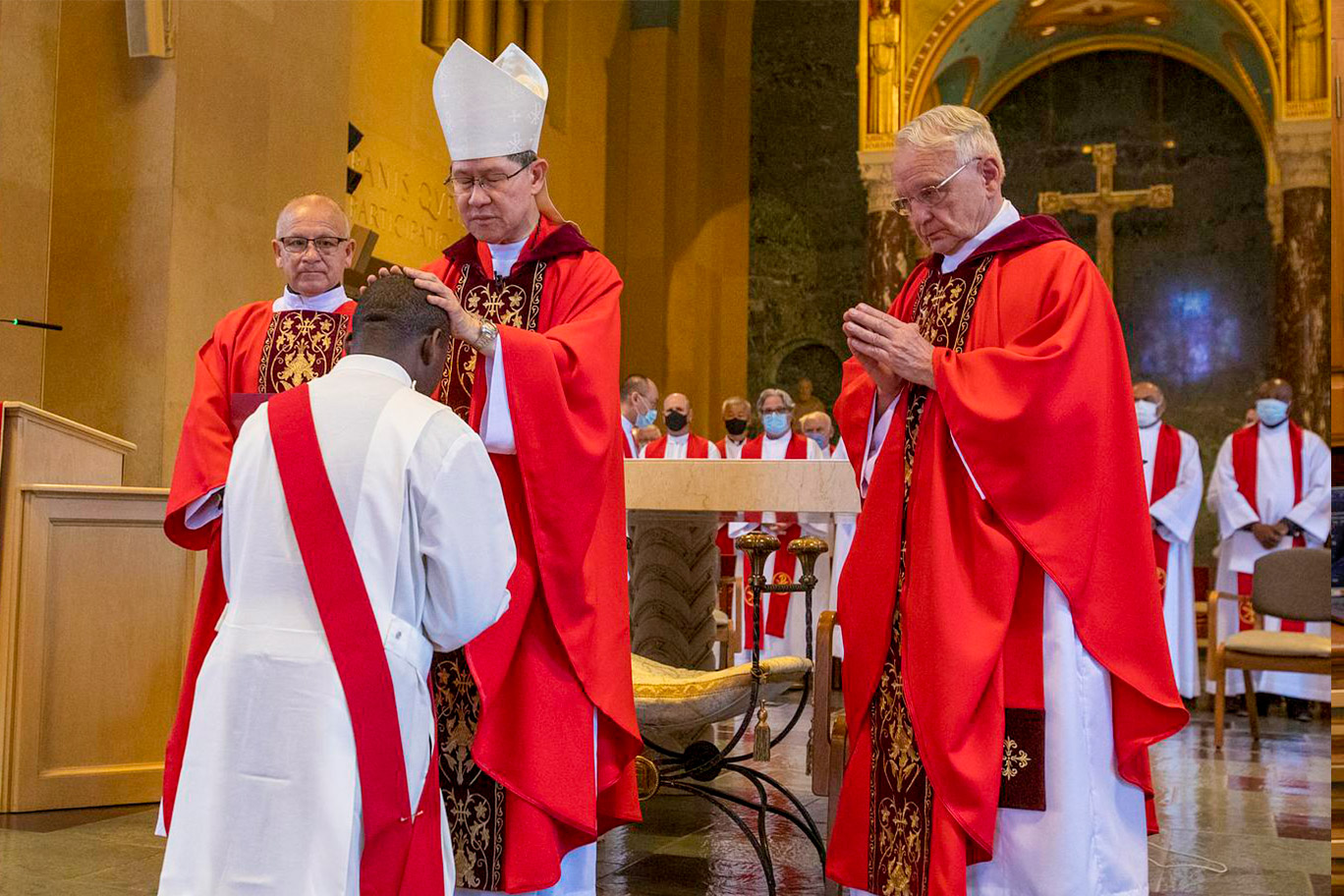Today, Pentecost Sunday, is an opportune moment to deepen our appreciation of the role of the Holy Spirit in the life of the Church. We can be guided by the profound thought of our Spirit-filled Pope Francis.
Early in his pontificate, Pope Francis gave a three-part catechesis on the Holy Spirit, in conjunction with the feast of Pentecost. Among the Pope’s many insights, he emphasized that the Holy Spirit is the “Giver of Life” (Vivificantem). Christians accept that “the Holy Spirit is the inexhaustible source of God’s life in us. People of every time and place desire a full and beautiful life, just and good, a life that is not threatened by death, but can still mature and grow to fullness.” To attain this quality of life, we need “God’s gift” of the Holy Spirit!
The dynamic presence of the Holy Spirit radically transforms the entire Christian Church, beginning on the first Pentecost. The life-giving, powerful, personal presence of the Spirit is dynamically present and active today; missionaries have countless stories to tell of how the Holy Spirit has worked in their lives. God’s Spirit continually transforms individuals and communities, teaching us “to see with the eyes of Christ, to live life as Christ lived it, to understand life as Christ understood it.”
Pope Francis asks: “Are we open to the Holy Spirit; do I pray to him to enlighten me, to make me more sensitive to the things of God? And this is a prayer we need to pray every day, every day: Holy Spirit, may my heart be open to the Word of God, may my heart be open to good, may my heart be open to the beauty of God, every day.”
Pope Francis continues: “Let us ask ourselves: what steps are we taking so that the faith directs our whole existence? Do not be a ‘part-time’ Christian, at certain moments, in certain circumstances, in certain choices; be Christian at all times! The truth of Christ, that the Holy Spirit teaches us and gives us, always and forever, involves our daily lives. Let us invoke him more often, to guide us on the path of Christ’s disciples.” Undoubtedly, the Holy Spirit is the “Giver-of-Life,” Christ’s life within us!
We pray: Come, Holy Spirit, you bring rest and relief in the midst of toil, in the midst of the work of human hands and the labor of the mind. Come, Holy Spirit, you bring rest and ease in the midst of the heat of the day, in the midst of the anxieties, struggles and perils of every age. Come, Holy Spirit, you bring consolation when the human heart grieves and is tempted to despair. Come, Holy Spirit, what is hard, you soften; what is frozen, you warm; what is wayward, you set anew on paths of salvation and mission.
Enjoy a Blessed Pentecost, the Feast of the Giver-of-Life, God’s Holy Spirit!
James H. Kroeger, MM
Pentecost Prayer
O Holy Spirit of the living God,
who filled the Temple with radiant glory
and overshadowed the Virgin Mary
with the Word-Made-Flesh and
set the Apostles ablaze with the flame of Truth,
come set our hearts on fire
with the life-giving love of God.
You, who hovered over the chaotic
Waters of Creation, come renew
our war-weary world with that peace
only Christ can give.
You, who change bread and wine
into the Body and Blood of Christ,
come and transform us into
that image of God in which all people
are created.
May the fire of divine love
purge all sin and evil from our hearts.
Lead us to Christ that Christ might bring
us at length into the life of the
Most Holy Trinity, to whom be all worship,
power, and glory now and forever.
Amen.
By Fr. Joseph Veneroso. M.M.
